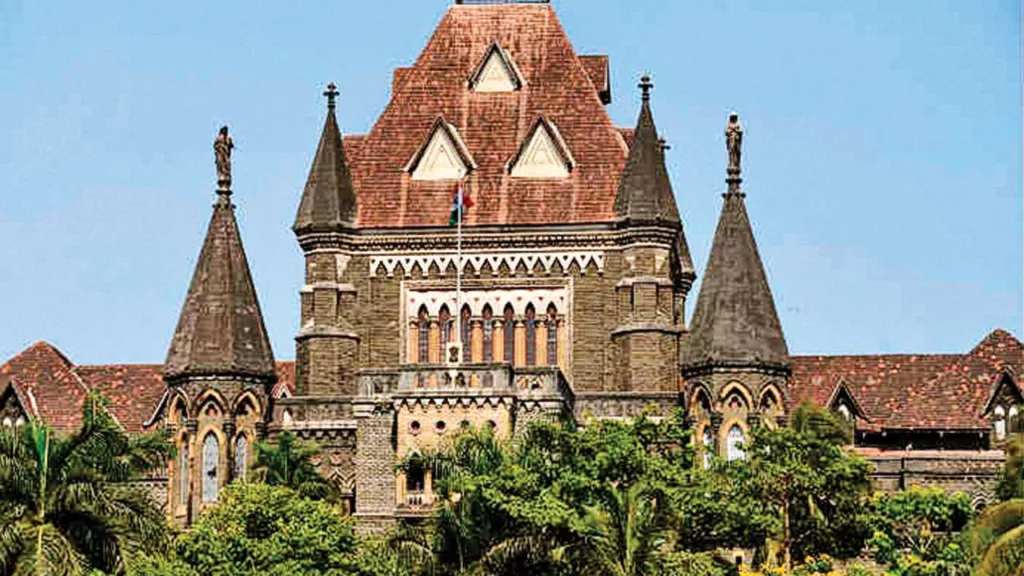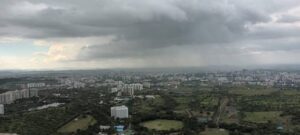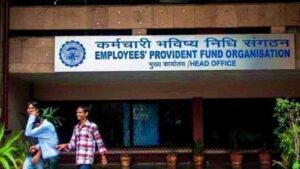Four Law Student Challenge January 22 Public Holiday In Maharashtra : High Court To Hear Plea Today

Four Law Student Challenge January 22 Public Holiday In Maharashtra : High Court To Hear Plea Today
In an unexpected turn of events, four law students have approached the Bombay High Court challenging the Maharashtra government’s declaration of a public holiday on January 22, the day of the consecration of the Ram Temple in Ayodhya. Shivangi Agarwal, Satyajeet Siddharth Salve, Vedant Gaurav Agarwal, and Khushi Sandeep Bangia, representing different law schools, argue that the declaration of a public holiday for a religious event contradicts the principles of secularism enshrined in the Constitution.
The petitioners contend that the government’s act of openly participating in the consecration of a Hindu temple associates the state with a particular religion, presenting a direct challenge to the principles of secularism. They assert that the decision to declare a public holiday should not be based on the whims of the political party in power, emphasizing that holidays should commemorate patriotic personalities or historic figures rather than promoting or celebrating religious events.
A special bench, comprising Justices GS Kulkarni and Neela Gokhale, has been constituted to hear the public interest litigation. The legal challenge questions the government’s authority to declare a public holiday in celebration of a religious event and calls for a reevaluation of the decision.
Principles of Secularism
The petition emphasizes the importance of upholding the principles of secularism, stating that a state should not endorse any religion. The law students argue that such declarations go against the spirit of a secular nation and could potentially alienate sections of society.
Maharashtra is not the only state to declare a public holiday on the occasion of the Ram Temple consecration. Other states, including Goa and Madhya Pradesh, have made similar announcements. The legal challenge in Maharashtra could set a precedent and lead to a broader discussion on the appropriateness of declaring public holidays for religious events.
As the legal battle unfolds, the case brings to light the delicate balance between religious sentiments and the constitutional commitment to secularism. The decision of the Bombay High Court on this matter could have far-reaching implications, prompting a reconsideration of the criteria for declaring public holidays in the context of religious celebrations.







